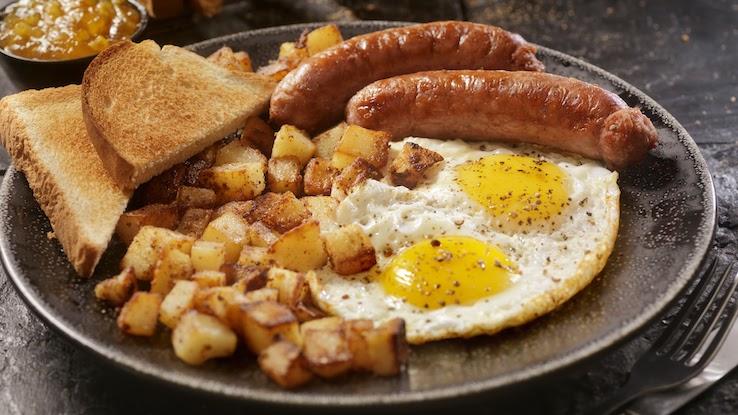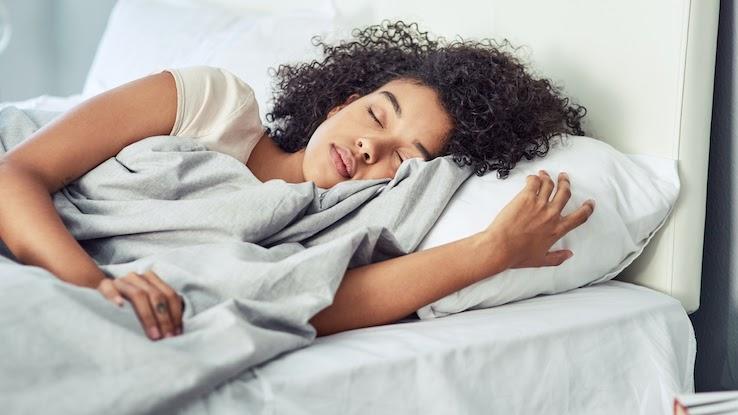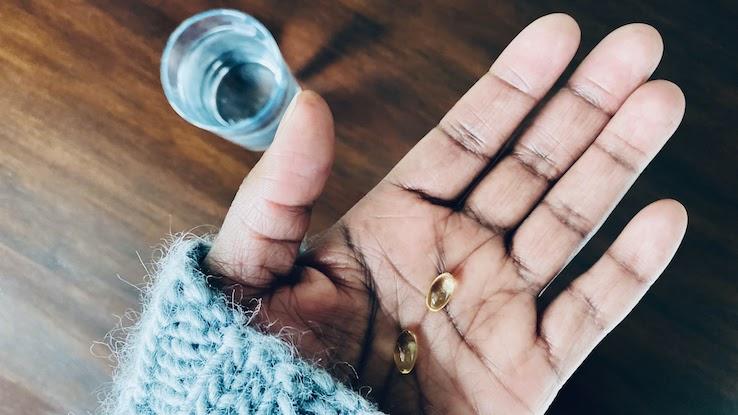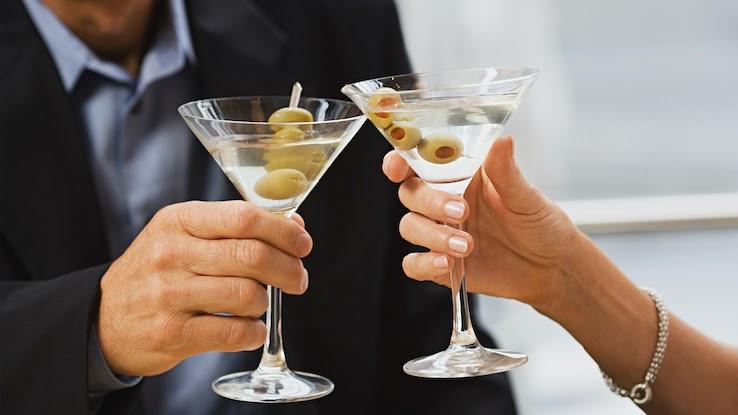
To put it bluntly, there’s no known end-all cure for your hangover. How can this be, considering the absolute agony they cause? Part of the reason stems from the fact that scientists aren’t able to pinpoint precisely what causes hangovers. Of course, there are three primary suspects, including the way alcohol directly impacts your brain; the physiological effects of alcohol on your body; and, potentially, the experience of alcohol withdrawal.
Some researchers have suggested that the lack of a hangover cure might boil down to the fact that scientists don’t deem such a finding all that pressing. Still, just because there is no scientifically backed, be-all and end-all remedy, that doesn’t mean you can’t ease the nausea, headache or fatigue you feel post-drinking. Need some help? Next time you’re experiencing a hangover — or anticipate having one — try to keep these five tips and tricks in mind.
1. Stay Hydrated
Drinking alcohol dehydrates you. To begin with, alcohol is a diuretic, which means consuming alcohol increases urine production, thereby causing you to urinate more and, as a result, lose more electrolytes than you would if you weren’t drinking such a substance. And, if you end up vomiting from excessive drinking, you’ll lose even more fluids and electrolytes.

Dehydration can lead to many of the symptoms that come along with a hangover, including headache, dizziness, thirst, and fatigue. This is why staying hydrated when you’re hungover is so important. In particular, drink lots of water as well as beverages that contain electrolytes, like sports drinks or Pedialyte.
Other beverages you’ll want to include in your hangover rehydration efforts? Salty liquids, like tomato juice or soup broth. When dissolved, salt turns into an electrolyte, helping you replenish those losses.
2. Eat a Hearty Breakfast
If your hangover has you feeling nauseous, even thinking about food might be a challenge. However, if you can stomach it, getting a hearty breakfast down can help. For starters, a hearty breakfast contains plenty of protein, fiber, fat, and carbohydrates. That’s why many people with hangovers turn to a big plate of fried eggs, cheese, sausage, bacon, toast, and potatoes.

Not to mention, eating a hearty breakfast can also contribute to stabilizing your blood sugar levels. While your hangover may not be caused by low blood sugar, it is often something that comes along with it. Low blood sugar levels have been known to cause hangover symptoms such as nausea, tiredness, and an overall feeling of full-body weakness.
Furthermore, keeping your blood sugar levels stable could limit some of the acid build-up that occurs in the blood when drinking alcohol. When you drink a lot, it can end up causing what is called metabolic acidosis, or an increase in blood acidity. Some symptoms associated with metabolic acidosis are nausea, vomiting, and tiredness.
Aside from easing your hangover pain, a nice, big breakfast can replenish some of the nutrients you likely lost during your night of drinking. Certain foods — like bacon, eggs, and broccoli — can help to decrease one of the toxins your body creates when it metabolizes alcohol. This toxin, known as acetaldehyde, can cause things like nausea, vomiting, and increased heart rate.
3. Don’t Skimp on Sleep
The relationship between alcohol consumption and sleep is complicated. While alcohol does tend to help people fall asleep in the short term, that sleep is generally not very high quality. Instead, alcohol is associated with sleep disturbances and shorter sleep duration, especially when consumed regularly and/or in excess.

While a lack of (quality) sleep won’t be the primary cause of your hangover, it can make things more miserable. If you already have a headache, for example, not getting enough sleep can intensify your headache or agitate you further. Additionally, your body recovers while you sleep, so a lack of quality snoozing means your body can’t get back into a top-notch, rested state.
At times, it can be difficult to sleep once the symptoms of your hangover have set in. However, making your best effort to get back to sleep — try putting on a boring movie or podcast — can work wonders when it comes to easing your pain.
4. Get Yourself the Right Supplements
A 2019 study published in the Journal of Clinical Medicine found that diets rich in zinc and B vitamins might prevent severe hangovers. While further research is necessary to confirm these findings, these results are promising enough to at least warrant giving these supplements a try during your next hangover. Both zinc and B vitamins are crucial when it comes to breaking down acetaldehyde, a toxin your body creates when it metabolizes alcohol.

While the study suggests that a high intake of zinc and B vitamins in general can lead to less severe hangovers, taking those supplements after the fact may also be helpful. This might be an especially attractive option if you’re not feeling well enough to eat foods high in those nutrients, such as shellfish, legumes, avocado, or mushrooms.
Another supplement worth looking into? Ginger. This age-old remedy can certainly help ease nausea. Plus, who doesn’t want to sip some ginger ale when they’re under the weather?
5. Steer Clear of Congeners
This is not so much a hangover remedy as it is a hangover prevention technique. Studies indicate that alcohol with a higher concentration of congeners — the substance that gives an alcohol its unique flavor, smell, and color — seems to give drinkers worse hangovers.

Typically, darker types of alcohol — red wine, whiskey, bourbon, among others — contain more congeners. On the flip side, light-colored alcohol, like vodka and gin, have little to no congeners. If you already have a hangover, this information might be coming too little, too late. However, the next time you’re drinking, you might want to keep this congener wisdom in mind when settling on a beverage.
Resource Links:
- “The Pathology of Alcohol Hangover” via Current Drug Abuse Reviews, ResearchGate
- “Treatment and prevention of alcohol hangover” via National Library of Medicine
- “Mechanism of Dehydration Following Alcohol Ingestion” via JAMA Internal Medicine
- “Alcohol hangover: mechanisms and mediators” via National Library of Medicine
- “Effects of fructose and glucose on ethanol-induced metabolic changes and on the intensity of alcohol intoxication and hangover” via National Library of Medicine
- “The Effects of Alcohol on Quality of Sleep” via Korean Journal of Family Medicine
- “Dietary Nutrient Intake, Alcohol Metabolism, and Hangover Severity” via Journal of Clinical Medicine
- “The Effectiveness of Ginger in the Prevention of Nausea and Vomiting during Pregnancy and Chemotherapy” via Integrative Medical Insights
- “Experimental induction of hangover” via American Psychological Association





